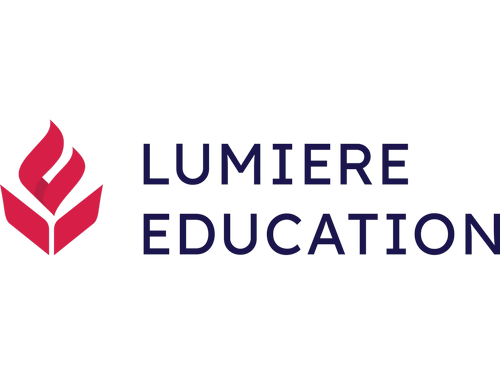Stanford University receives a staggering number of applications yearly, making the admission process highly competitive. With thousands of qualified applicants vying for a limited number of spots, the acceptance rates of Stanford University’s Class of 2025, Class of 2026, and 2027 portrayed the changing landscape of admissions at Stanford. Stanford is yet to release the admission statistics for the class of 2028 since as a policy it does not reveal the application pool until the Common Dataset is released several months after college decisions have come out.
Changing trends
In 2022-23 the university had received 53,733 applicants, which was down from the previous year’s pool of 56,378. The number of students who received offers was 2,099. According to Stanford University’s 2022-2023 Common Data Set, the undergraduate acceptance rate for the Class of 2026 hit a historic low of 3.68% but surprisingly for the Class of 2027 it went up slightly to 3.91%. One notable change in the Class of 2026 was the record-breaking female representation where women made up approximately 54% of the first-year students, surpassing the previous year’s proportion of 51%. This trend saw a reversal in 2027 where the class had 50.2% women and 49.8% men, a decrease from the Class of 2026.
Geographical Diversity
The Class of 2027 akin to 2026, also exhibited a rich blend of geographical diversity. The admitted students represent all 50 states along with international students from 64 non-U.S. countries. Nearly 28.84% of students admitted, identified as Asians. This global representation fosters a multicultural learning environment and enhances cross-cultural understanding.
Standardized testing
The class is also academically accomplished, with an average SAT score of 1540 and an average ACT score of 34. Having said that, Stanford reviews student applications holistically and does not require students to submit ACT/SAT scores. It has to be seen if the university continues its test-optional policy for the admission cycle of 2024-25.
Stanford’s Class of 2025 witnessed an impressive applicant pool, reaching a record high of 55,471 applicants. Out of this pool, 2,190 students received offers of admission, resulting in an admission rate of 3.95%. While the 3.95% admit rate was the lowest in Stanford’s history, it is essential to note that the Class of 2025 also set another record as the largest undergraduate class in the university’s history, with a total of 2,126 students.
A diverse student body
The Class of 2027 demographic profile depicts the continuity of the previous year’s admissions cycle, with Asians forming the largest percentage at 28.8% and whites at 21.9%. The Class of 2025 at Stanford University comprises a diverse student body. 51% of the class were women while men represented 49% of the class. The class was truly international, with students hailing from 77 countries and 49 states. Notably, 12% of enrolled students were international citizens from 72 countries, showing an increase from the previous year’s 9.9% from 56 countries.
Comparing this to the previous year, the Class of 2024, Stanford’s acceptance rate for the Class of 2025 decreased from 5.19% to 3.95%. Despite the lower acceptance rate, the yield rate for the Class of 2025 stood at an impressive 80%, excluding the 369 students who had taken a gap year.
Increased competitiveness
In the 2022-23 admission cycle, 53,733 students applied and only 2,099 received offers, according to Stanford statistics. Analyzing the data, we observe that the acceptance rate for the Class of 2026 is lower than both the Class of 2025 and 2024. This decline in acceptance rate indicates the growing competitiveness of Stanford’s admissions process. The increasing number of applicants and the highly competitive nature of admissions demonstrate Stanford’s strong appeal and reputation as a leading academic institution. The university is committed to admitting students who will contribute to the diversity of the student body and who will thrive in the challenging academic environment. As Stanford continues to shape the minds of the brightest students from diverse backgrounds, it reaffirms its commitment to excellence and innovation in higher education.
Working with study abroad consultants, overseas education consultants, or, as more commonly known, college counselors, can help you plan and make those high school years count. We can help you with your college application process. Ivy Central offers exceptional focus to help you prepare for college admissions throughout the high school years. Start today!






